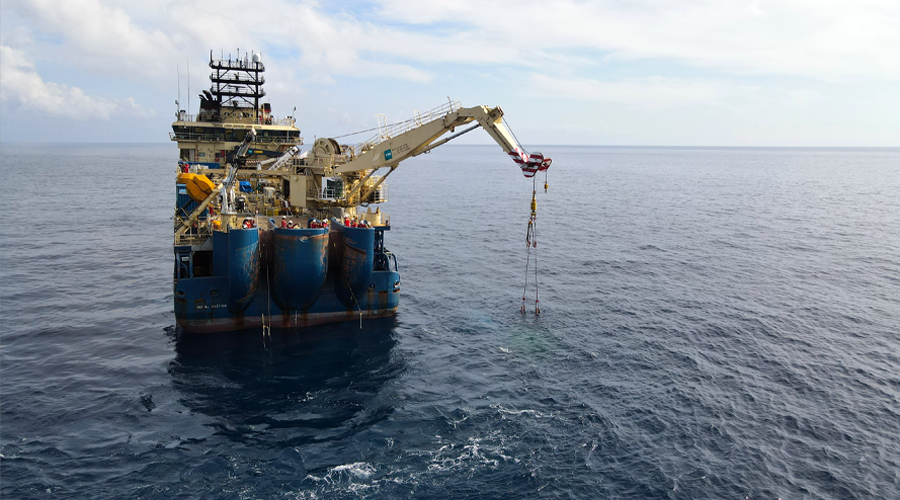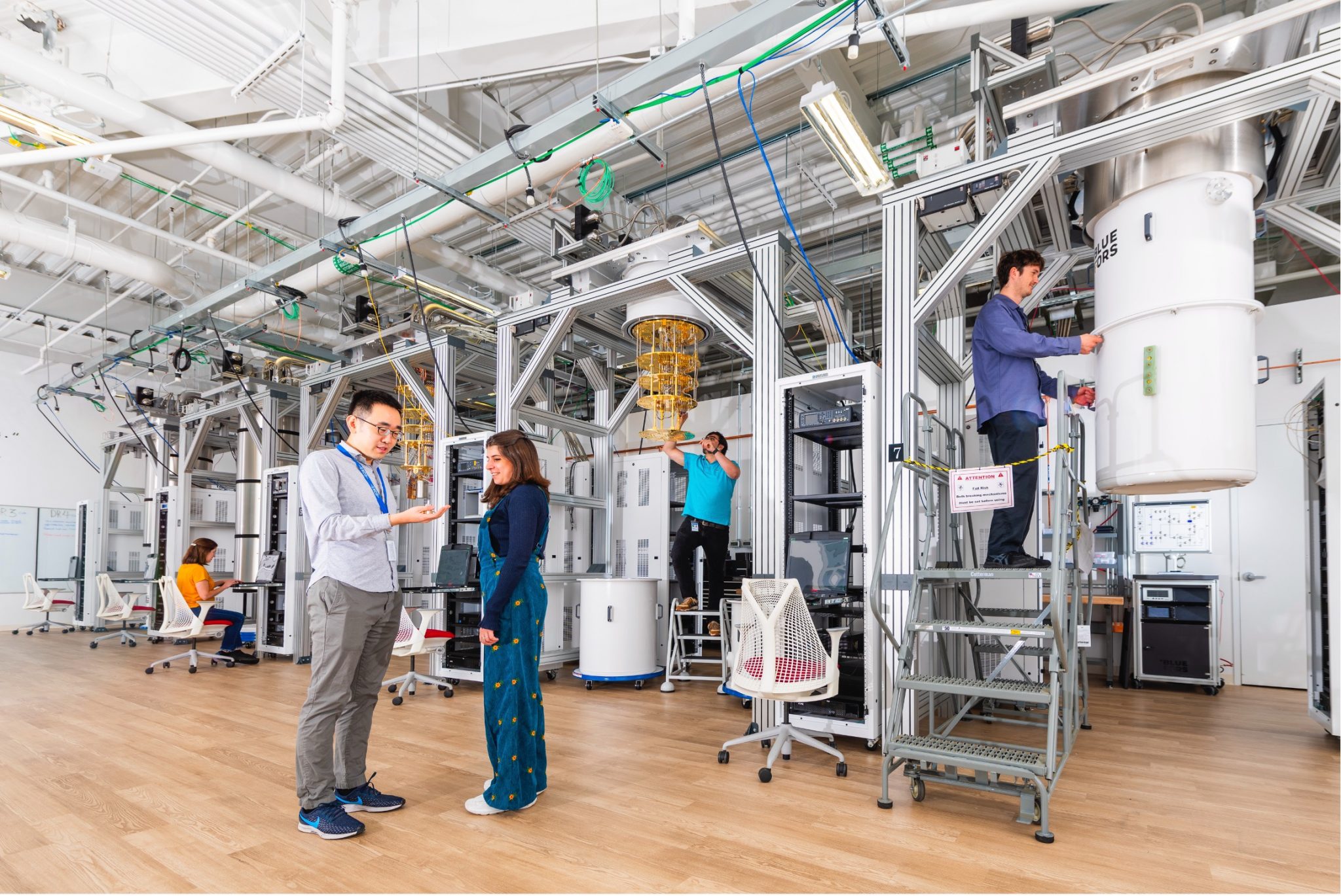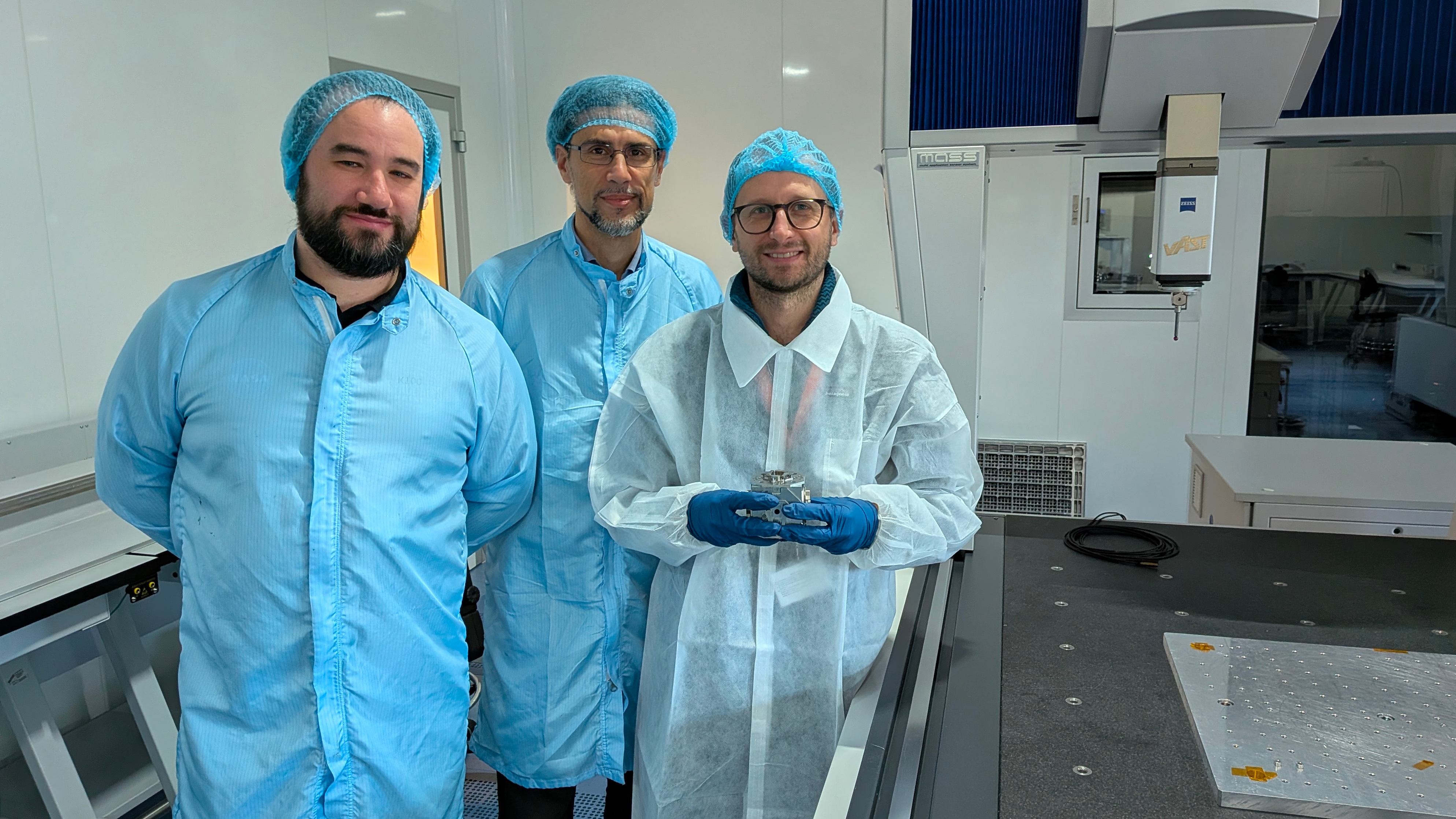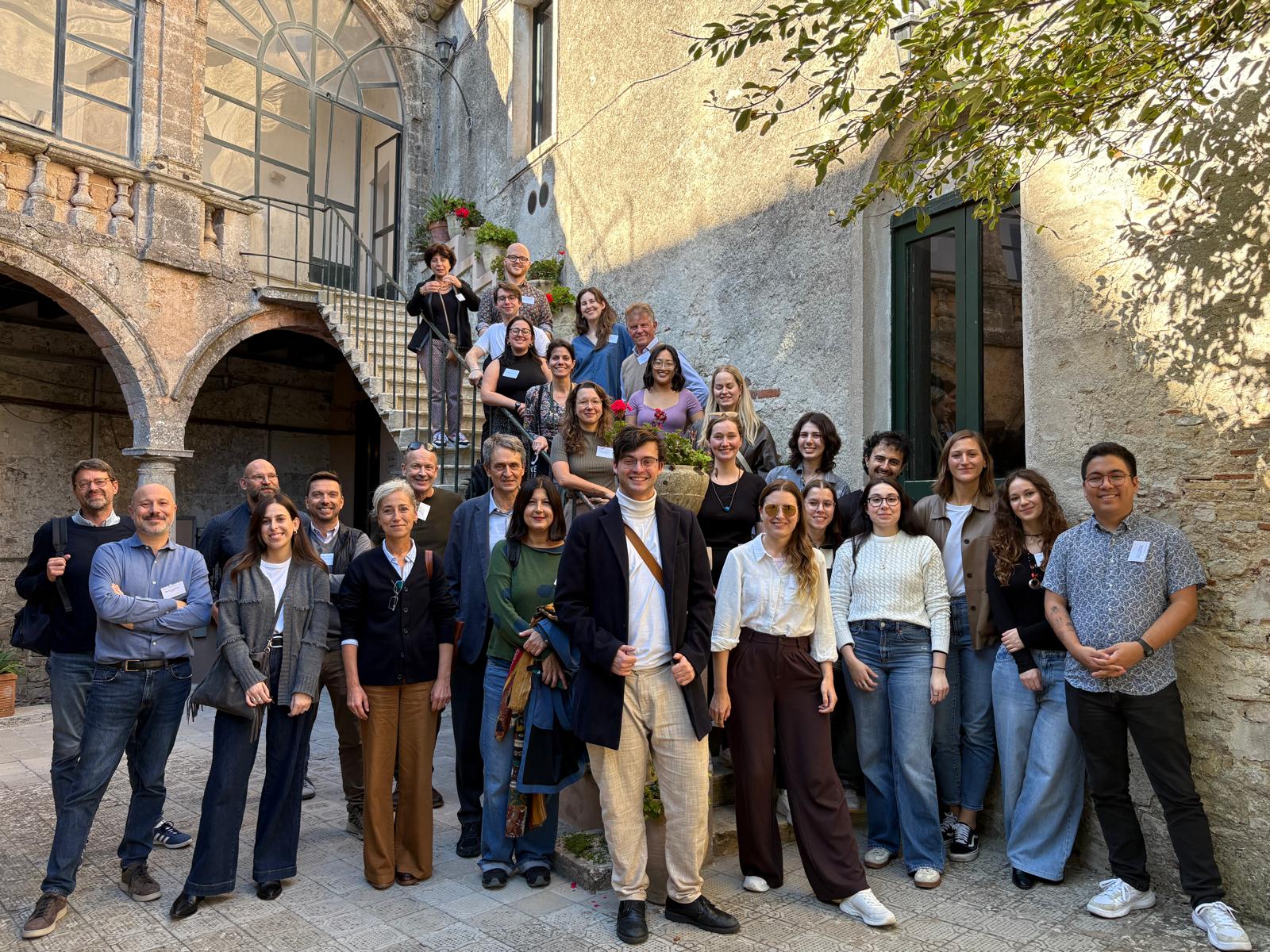
INFN and Alcatel Submarine Networks (ASN) have signed a contract to supply and install one of the essential components for the completion of the KM3NeT submarine neutrino telescope, a cable termination frame to deliver power to the detectors of which the telescope is composed, positioned on long strings anchored to the seafloor, while enabling data transmission between them and the control center on land. The contract is part of activities under the KM3NeT4RR project, funded by Component 2 funds (‘From Research to Enterprise’) of the National Recovery and Resilience Plan. INFN is the lead partner in the KM3NeT4RR project, which aims to expand the KM3NeT undersea infrastructure. Once completed, KM3NeT, which lies 3,500m deep off the the coast of Portopalo di Capo Passero in southeastern Sicily, will become the largest high-energy neutrino telescope in the Mediterranean, also serving as a laboratory for a wide range of multidisciplinary research. The technology ASN is providing will enable the distribution and use of the data collected by the observatory, as it will allow data from the KM3NeT detectors to be transmitted ashore in real time.





